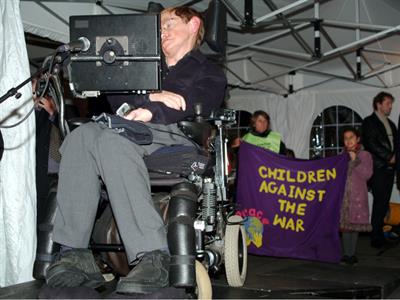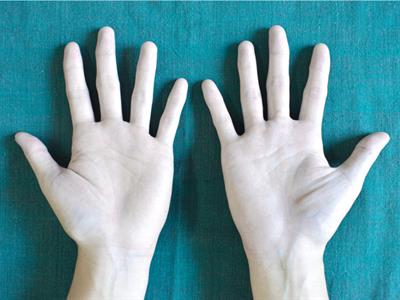
PUMPA - SMART LEARNING
எங்கள் ஆசிரியர்களுடன் 1-ஆன்-1 ஆலோசனை நேரத்தைப் பெறுங்கள். டாப்பர் ஆவதற்கு நாங்கள் பயிற்சி அளிப்போம்
Book Free Demo “I haven’t been brave,” said his disembodied computer-voice, the next afternoon. “I’ve had no choice.”
Surely, I wanted to say, living creatively with the reality of his disintegrating body was a choice? But I kept quiet, because I felt guilty every time I spoke to him, forcing him to respond. There he was, tapping at the little switch in his hand, trying to find the words on his computer with the only bit of movement left to him, his long, pale fingers. Every so often, his eyes would shut in frustrated exhaustion. And sitting opposite him I could feel his anguish, the mind buoyant with thoughts that came out in frozen phrases and sentences stiff as corpses.
“A lot of people seem to think that disabled people are chronically unhappy,” I said. “I know that’s not true myself. Are you often laughing inside?”
About three minutes later, he responded, “I find it amusing when people patronise me.”
Explanation:
After fixing the appointment, Kanga meets Stephen Hawking at his residence the next afternoon. Kanga does not reveal the welcoming or the settling down, rather straight away narrates Hawking's views on his life. Hawking reveals that he does not consider himself to be brave, rather that he did not have any other choice in life. He speaks with the help of his speech generating machine, and his voice sounds computerised. Kanga, who had to put up with people telling him to be brave, had considered Hawking to be brave owing to all his achievements in the field of astrophysics and cosmology. But Hawking recounts that when life puts one into a situation where one is left with very little choice, one has to be brave. There is a difference between being brave naturally and being brave because one's situation forces you to.

Hawking with his speech generating machine
Kanga is slightly taken aback as he is curious to know how one can choose to live life creatively in spite of knowing that his body is slowly getting paralysed and non-functioning. But due to reverence, he does not ask it out loud to Hawking. He also limits his words as he feels extremely guilty for troubling a disabled person like him. He knew how difficult it was to respond when one's body does not cooperate. On top of it, Hawking had to search for the right button to make a sentence as he could not speak. When his whole body was paralysed, he still had movement in the fingers. Every time he wanted to communicate, he had to search for the right words and tap the switch in the speech generating machine. His fingers are already pale due to constant typing. At times, his eyes would shut in frustration. It is difficult to have a lot of thoughts flooding in and not being able to communicate with the same flow. Kanga compares his sentences and phrases to being as stiff and frozen as corpses.

Pale fingers
Kanga asks Hawking what his views were on people who think that disabled people are always unhappy. People, in general, tend to judge and offer their sympathy to people who are disabled rather than understanding that they want to be treated equally and like a normal human beings. Being a disabled person himself, Kanga knew that he was not chronically unhappy due to his disability. He wanted to know if Hawking found this notion funny. Hawking takes around three minutes to respond as a full on conversation can exhaust him. He says that he does find it amusing when people offer their sympathy or help only to show that they have superiority over him.
Meaning of difficult words:
| S.No | Words | Meaning |
1 | Disembodied | Separated from the body, without form |
2 | Disintegrated | Break into small pieces |
3 | Guilty | Feeling bad about something |
4 | Pale | Light in colour |
5 | Frustrated | Feeling irritated about not being able to do something |
6 | Exhaustion | Tired |
7 | Buoyant | Cheerful and happy thoughts |
8 | Corpse | A dead body |
9 | Chronically | Continuous and recurring |
10 | Patronize | Offering help only to show that one is superior |
Reference:
National Council of Educational Research and Training (2008). Honeydew. A Visit to Cambridge - Firdaus Kanga (pp. 96-104). Published at the Publication Division by the Secretary, National Council of Educational Research and Training, Sri Aurobindo Marg, New Delhi.